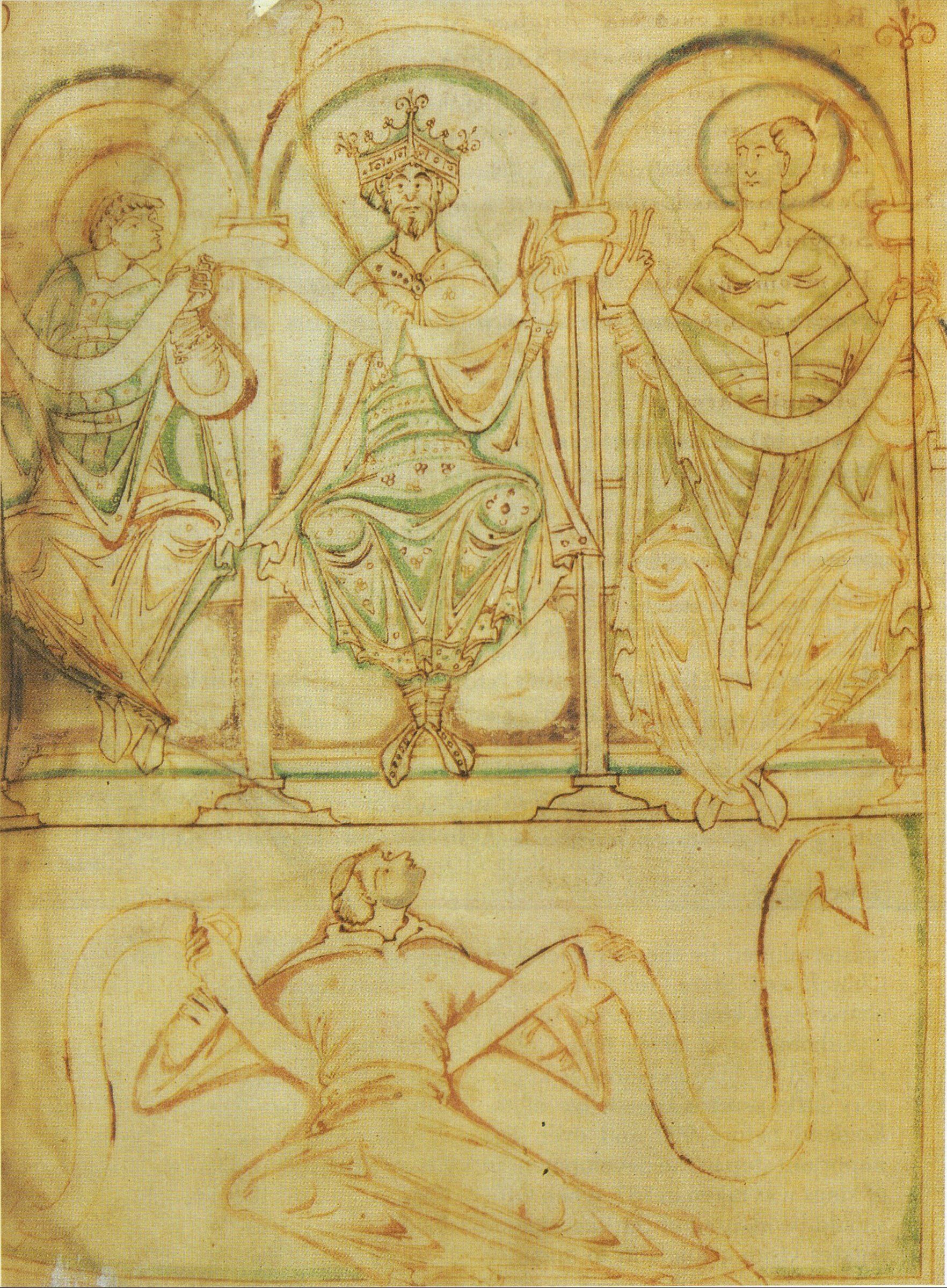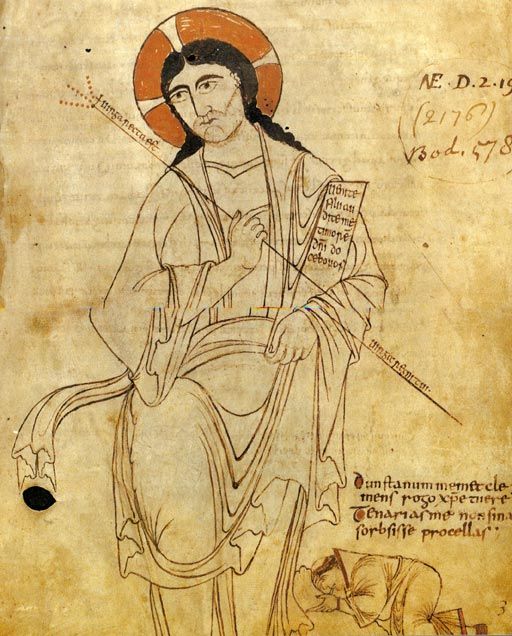Message of Abbot Paul - Thursday 19th May
Abbot Paul • May 18, 2022


Message from Fr Paul for Thursday, 19th May 2022
In England today we keep the feast of St Dunstan, the Benedictine monk, whose life spanned the tenth century, (909 to 988), and who died on 19th May. He was successively Abbot of Glastonbury, Bishop of Worcester, Bishop of London and Archbishop of Canterbury. He restored monastic life and reformed the English Church. For a long time, the most popular English saint, he was canonised just forty years after his death. At Belmont and in all Benedictine monasteries we also keep two of his contemporaries, St Oswald and St Ethelwold, also monks of the Order, Now, this is St Oswald of York or of Worcester, not the seventh century Northumbrian saint. Born in 925, he was nephew of Archbishop Odo of Canterbury and sent by him to become a monk at Fleury, a centre of reformed Benedictine monasticism in France. In 961, he was consecrated Bishop of Worcester by St Dunstan and collaborated with him in the restoring of Benedictine monastic life to England as well as in the reform of the English Church. In 972 he was appointed Archbishop of York. He died in 992. St Ethelwold of Winchester, (904-984), was one of the leaders of the tenth century monastic reform movement. A close friend and companion of the king Athelstan, he was ordained a priest before entering the monastery of Glastonbury. The king then appointed him Abbot of Abingdon and ordered him to restore the monastery there that had fallen into ruins. He was renowned for his kindness and holiness, but was also a goldsmith of exceptional talent. When I read about these medieval monastic saints, how I long to place myself under their direction and teaching. If only we had men and women of their outstanding calibre and sanctity in the Church today, a Church, I feel, in desperate need of reform and, of course, that goes for monastic life too.
Today’s Gospel reading from John is particularly short, just three verses, (Jn 15: 9-11). “Jesus said to his disciples:
‘As the Father has loved me,
so I have loved you.
Remain in my love.
If you keep my commandments
you will remain in my love,
just as I have kept my Father’s commandments
and remain in his love.
I have told you this
so that my own joy may be in you
and your joy be complete.’”
There’s a deceptively simple beauty and depth to this passage. We are to remain in that love which Christ has received from the Father and has shared with us. This is perfect, divine love, the love of loves, and we remain in his love by keeping his commandments, above all that we should love one another as he has loved us, an unconditional love that knows no limits. We pray that we might always abide in Christ’s love, that his joy be complete and our joy be assured for all eternity. Think of the joy of the saints: that is the joy that will be ours, a joy we often experience even now, in this world.









